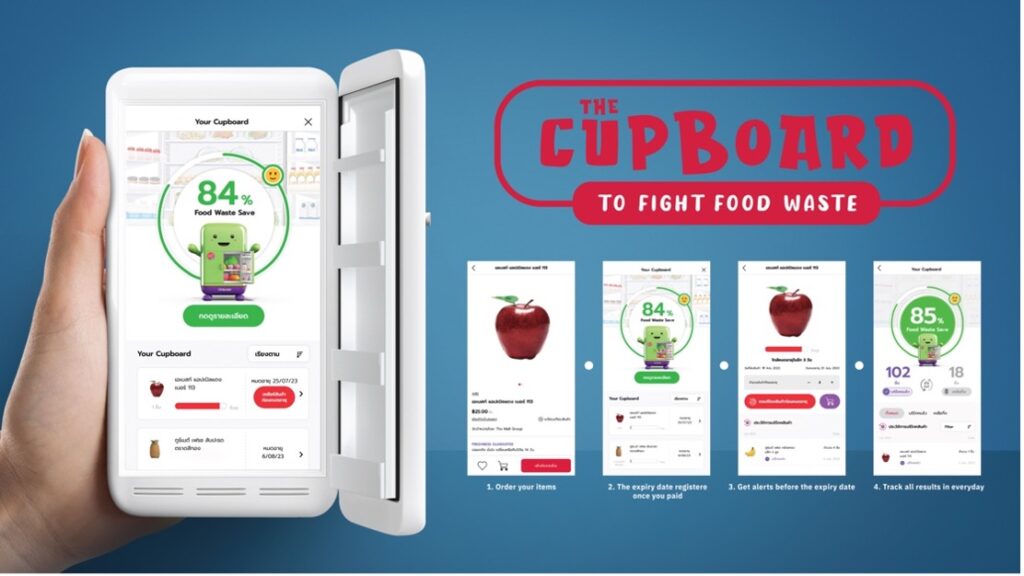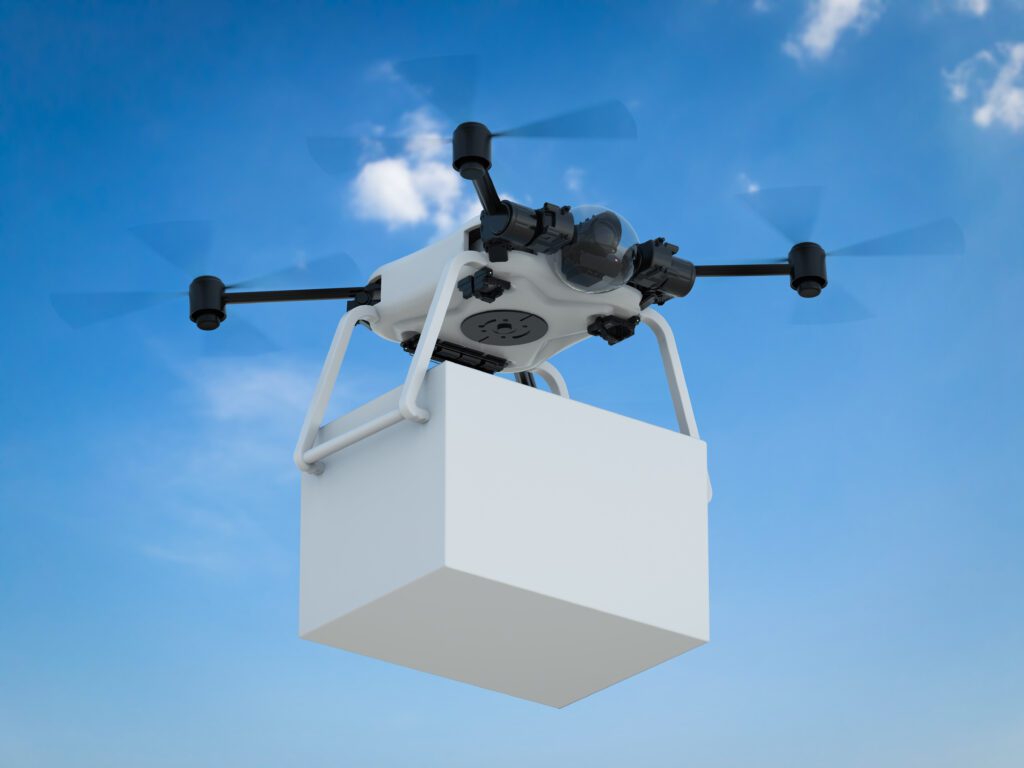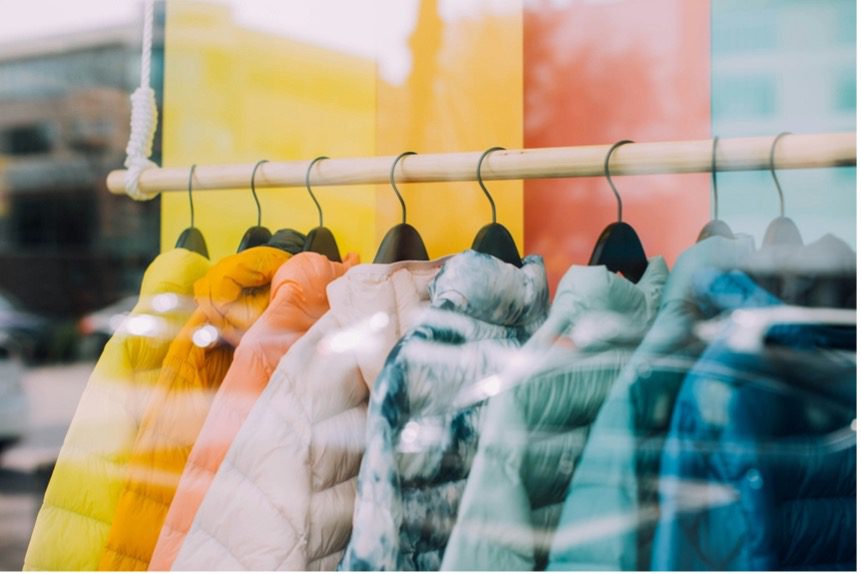In this week’s Our Take, a Thai supermarket keeps food waste at bay. The world (and D15) explores new delivery options. We take a closer look at the French fast fashion counter-revolution and new research on ultra-processed foods reveals 32 ways it might kill you.
Waste Not Thai Bot

According to some research from Thailand, a third of food purchased each year ends up in the bin. A third. That is an INSANE amount of food waste.
And while you might think that supermarkets would be happy to keep selling you food you don’t use, there’s evidence that they’re doing what they can to help. In Thailand, Gourmet Market added some clever functionality to their shopping app to help its customers reduce food waste. The app now tracks expiry dates on purchased food and reminds you to eat it before it goes off.
From a customer point-of-view, this hits the sweet spot of being both easy to use and incredibly useful. App downloads have increased by 14% and the number of active users increased by 18.1%. It shows us that brands that are environmentally and socially responsible can come out on top.
The future, delivered.

With the worldwide online food delivery market projected to grow by over 10% in the next four years, companies are getting creative.
In France, Carrefour has started delivering groceries by boat (to other boats). In the USA, Wendy’s is piloting a drone delivery service, flying burgers, fries and shakes to customers at 100 kilometres an hour.
In Ireland, Manna Drone Delivery is swooping in for a share of the €2.2 billion spent here every year on food delivery. Their drones can currently be seen zipping over Dublin 15, and they are planning to extend their delivery programme to all of Ireland. With drone delivery taking as little as 3 minutes, they’re making fast food fast again. And while we’re thrilled to get our coffee so promptly, the promised inclusion of pharmacies on the list of partners is a reminder that the speed and efficiency of drones could be a real game changer when something is truly urgent. And no, we don’t mean condoms.
Tough one to Process

A recent study published by BMJ found that a diet high in ultra-processed food (UPF) is directly linked to 32 harmful effects to health. These include a higher risk of heart disease, cancer, type 2 diabetes, adverse mental health and even early death. Ultra-processed food includes packaged snacks, carbonated soft drinks and ready-made meals. In Ireland, as much as 60% of the average shopping basket is UPF.
An excellent article by The Grocer asks what the FMCG industry can do and how businesses will be affected. For sure, retailers can offer more wholesome ‘healthy’ foods (they already do), but there’s also a need for better education, and for governments to encourage change.
In 2022, Argentina introduced a law that requires UPF to display an octagonal black label occupying at least 5% of packaging. The Irish Government is looking into public health policies of reformulation, asking the UPF industry to reduce levels of saturated fats, sugar and salt in their products. This move focuses on changing nutrient profile rather than the overall consumption, meaning this move does not reduce sales.
While UPF is ultra-convenient, with the obesity epidemic on the rise, and Its great to see action coming from governments, manufacturers and retailers.
The French Revolushein

Last week, the French government announced a bill to reduce fast fashion consumption, proposing penalties of up to €10 per item of clothing, as well as restrictions on advertising low quality, environmentally damaging clothing.
France is on a mission to make fashion more sustainable and this is one of many steps that the government is taking to convince the fashion-conscious French to make more environmentally friendly choices. They’re also taking steps to reign in the largely unregulated textile industry. A law targeting textile waste coming out of France is currently waiting for approval by the European Commission.
It’s not just all new taxes and laws. A bonus scheme to persuade consumers to repair their worn or broken clothes, rather than throwing them away or buying new ones, was introduced last year. French residents are eligible for resoling shoes or mending clothes. Taking matters into his own hands, a right-wing French MP created a parody TikTok of a Shein haul to point out the chemicals that are used in fast fashion production.
While fast fashion is affordable and accessible, it comes with so many negatives. We applaud France’s actions towards eliminating ultra-fast fashion and question if other countries will follow suit?
